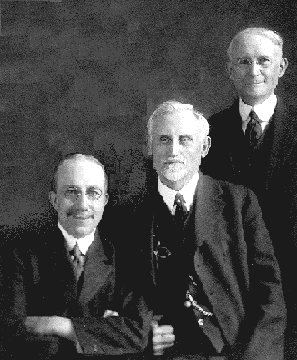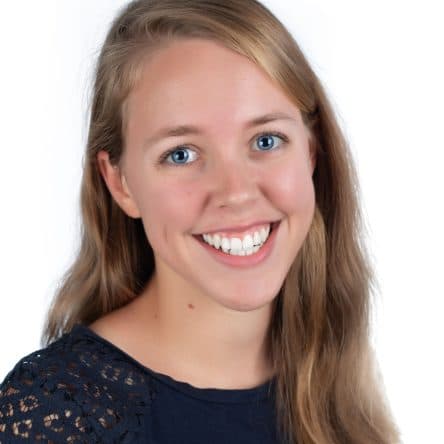Leaders of the Anti-Saloon League
The Anti-Saloon League leaders used oratory, campaigning, lobbying, and the printed word to reach their goal of a saloonless society. From the formation of the Ohio League in 1893, this dedicated group of men wielded increasing political power until the culmination of their efforts resulted in the 18th amendment to the constitution becoming law in January 1920.
Through the 1920s, their fortunes changed as the liquor forces organized to fight back, and they debated about where their efforts should be concentrated - on education or law enforcement. With the repeal of Prohibition, they saw their dreams of an alcohol free society vanquished.
About the League
Museum Hours
Monday-Saturday: 9am-6pm
Closed on Saturday: 1-2pm
Closed on Sunday
Anti-Saloon League leaders included...
Purley Baker
A Methodist minister, Baker served as state superintendent of the Ohio Anti-Saloon League, and subsequently as superintendent of the national organization.
Ernest Cherrington
An editor and manager of numerous temperance publications, Cherrington also helped found the World League Against Alcoholism.
William "Pussyfoot" Johnson
Appointed Chief Special Officer by Teddy Roosevelt, Johnson was known as a strict enforcer of prohibition law.
Francis Scott McBride
After many years as a leader in the Illinois Anti-Saloon League, McBride became the national superintendent in 1924.
Howard Hyde Russell
The founder of the Anti-Saloon League, Russell built the Ohio League from the remnants of previous temperance movements and later became the national league's first superintendent.
Wayne Wheeler
As a lawyer, Wheeler prosecuted over 2,000 dry law cases for the League before becoming legislative superintendent. He is also largely responsible for helping to draft the 18th amendment and the Volstead Act.









